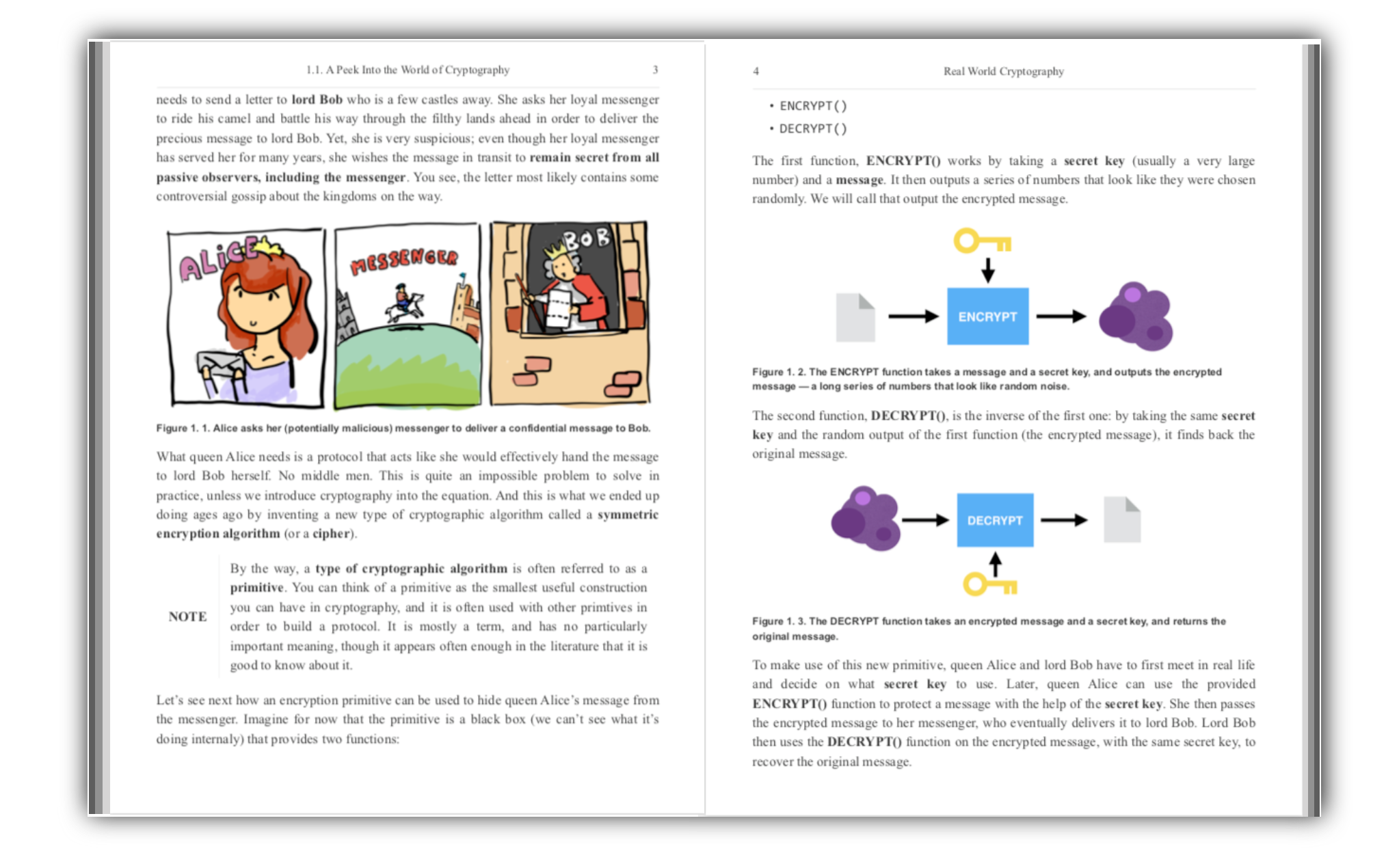Are system thinkers right? And why I left security posted April 2022
Niall Murphy recently wrote about The Curse of Systems Thinkers (Part 1). In the post he made the point that some people (people who he calls "System thinkers" and who sound a lot like me to be honest) can become extremely frustrated by chaotic environments, and will seek to better engineer them as they engineer code.
He ends the post with a pessimistic take (which I disagree with):
If you can't get the ball rolling on even a small scale because no-one can see the need or will free-up the required resources, then you're free: they're fucked. Give yourself permission to let the organization fail
A while ago, Magoo suggested I read The Phoenix Project which is a book about engineering companies. Specifically, it's a novel that seeks to teach you lessons through an engaging story instead of a catalogue of bullet points. In the book, the analogy is made that any technology company is like an assembly line, and thus can be made efficient by using the lessons already learned decades ago by the manufacture industry.
The book also contains a side story about the failure of the security lead, which at the time really talked to me. The tl;dr is that the security person was too extreme (like all security engineers who have never worked on the other side) and could not recognize that the business needs were more urgent and more important than the security needs at the time. The security person was convinced to be right, and that the others didn't not care enough (reminiscent of Niall Murphy's blogpost), and consequently he lived a miserable life.
The point I'll be trying to make here is that it's all the same. Security, devops, engineering, ... it's all about trade offs and about finding what works well at a given time.
Ignoring yak shaving (which everyone does, and thus needs to be controlled), how much time and effort should be spent specifying protocols, documenting code, and communicating ideas? How much time and effort do we really need to spend writing clean code and refactoring?
I don't think there's a good or bad answer. The argument for both sides are strong:
Moving slow. Maintaining your own code, or having people maintain and extend your code, becomes harder and harder for the team with time. You will switch projects, and then go back to some code you haven't seen in a while. As the team grows, as people come and go, the situation amplifies as well. Obviously some people are better than others at reverse engineering code, but it's generally a hard problem.
Another argument is that some people on the team are not necessarily good programmers, or perhaps don't even know how to code, so it becomes hard/impossible for them to review or contribute in different ways. For example, by writing proofs with formal analysis tools or with a pen and paper, or to discuss the design with you, etc.
Complexity and rushed code obviously lead to security issues as well. That's undeniable.
Moving fast. On the other hand, you can't spend 90% of your time refactoring and doing things the_right_way™. You need to ship at some point. Business needs are often more important, and companies can go bankrupt by taking too much time to launch products. This is especially true during some stages of a company, in which it is in dire need of cash.
Furthermore, there are a ton of examples of companies growing massively while building on top of horrible stacks. Sometimes these companies can stagnate for years due to the amount of spaghetti code and complexity they're built on, and due to the fact that nobody is able to make changes effectively. But when this happens, codebases get rewritten from scratch anyway, which is not necessarily a bad thing. This is what happens with architecture, for example, where we tend to leave houses and buildings the way they are for very long periods of time, and destroy & rebuild when we really want to do consequent changes.
Eventually, the decision to move faster or slower is based on many factors. Many people work well in chaos and the system engineers might have to adapt to that.
That being said, extremes are always bad, and finding the right balance is always the right thing to do. But to find the right balance, you need extremists who will push and pull the company in different directions. Being a fanatic is a consuming job, and this is why you get a high turnover rate for such individuals (or blogposts like Niall Murphy telling you to let the organization fail).
This is the reason I personally left security.
The reasonable man adapts himself to the world; the unreasonable one persists in trying to adapt the world to himself. Therefore all progress depends on the unreasonable man. -- George Bernard Shaw, Maxims for Revolutionists


Comments
leave a comment...